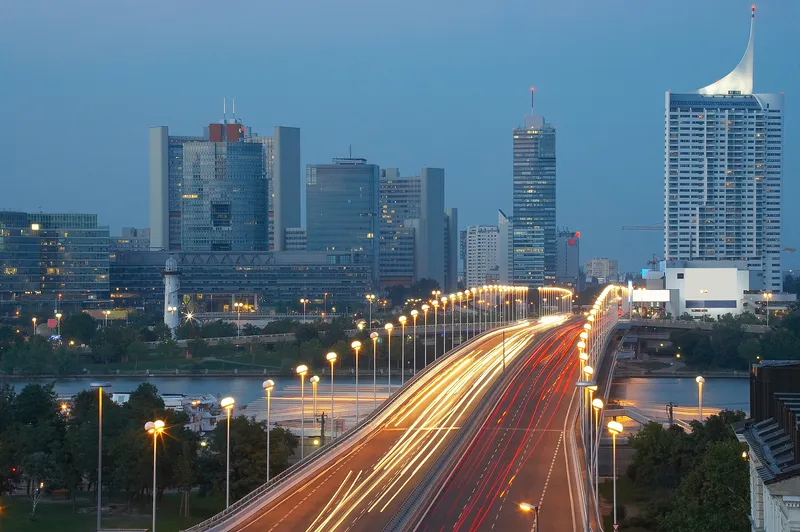Eight multilateral development banks have issued a joint statement, committing to accelerate their efforts to mitigate transport emissions and recognizing the need for more action on the resilience of transport to climate change. The sector accounts for about 60 per cent of global oil consumption, 27 per cent of all energy use, and 23 per cent of world energy-related CO2 emissions.
In their statement, the African Development Bank, Asian Development Bank, CAF-Development Bank of Latin America, European
December 4, 2015
Read time: 2 mins
Eight multilateral development banks have issued a joint statement, committing to accelerate their efforts to mitigate transport emissions and recognizing the need for more action on the resilience of transport to climate change. The sector accounts for about 60 per cent of global oil consumption, 27 per cent of all energy use, and 23 per cent of world energy-related CO2 emissions.
In their statement, the African Development Bank, Asian Development Bank, CAF-Development Bank of Latin America, European Bank for Reconstruction and Development, European Investment Bank, Inter-American Development Bank, Islamic Development Bank, and the World Bank pledged to speed up action on climate finance, low-carbon transport solutions and adaptation. The banks have recently committed to substantially increase financing for climate change mitigation and adaptation over the next few years. Transport is expected to play a key role in that commitment. They will increase their focus on low-carbon transport solutions and will continue to harmonise tools and metrics to assess transport-related GHG emissions. They also plan to jointly develop a systematic approach to mainstream climate resilience in transport policies, plans and investments.
“We, the multilateral development banks, believe that climate change is a defining challenge of our time. Actions to reduce greenhouse gas emissions and stabilise warming at 2 degrees Celsius will fall short if they do not include the transport sector. We commit to support countries in the implementation of sustainable transport solutions by providing critically needed financial and technical support to assist them in responding to rising aspirations for greater mobility and connectivity, in a sustainable and resilient way,” said Luis Alberto Moreno, president of the Inter-American Development Bank.
Moreno presented the statement on behalf of the eight MDBs during the Transport segment of the Lima Paris Action Agenda. Among the Intended Nationally Determined Contributions (INDCs) submitted as of November 12, 2015, about three quarters explicitly identify the transport sector as a mitigation source, and more than two thirds propose transport sector specific mitigation measures. In 2012, the MDBs pledged US$175 billion by 2022 in financial resources for sustainable transport.
In their statement, the African Development Bank, Asian Development Bank, CAF-Development Bank of Latin America, European Bank for Reconstruction and Development, European Investment Bank, Inter-American Development Bank, Islamic Development Bank, and the World Bank pledged to speed up action on climate finance, low-carbon transport solutions and adaptation. The banks have recently committed to substantially increase financing for climate change mitigation and adaptation over the next few years. Transport is expected to play a key role in that commitment. They will increase their focus on low-carbon transport solutions and will continue to harmonise tools and metrics to assess transport-related GHG emissions. They also plan to jointly develop a systematic approach to mainstream climate resilience in transport policies, plans and investments.
“We, the multilateral development banks, believe that climate change is a defining challenge of our time. Actions to reduce greenhouse gas emissions and stabilise warming at 2 degrees Celsius will fall short if they do not include the transport sector. We commit to support countries in the implementation of sustainable transport solutions by providing critically needed financial and technical support to assist them in responding to rising aspirations for greater mobility and connectivity, in a sustainable and resilient way,” said Luis Alberto Moreno, president of the Inter-American Development Bank.
Moreno presented the statement on behalf of the eight MDBs during the Transport segment of the Lima Paris Action Agenda. Among the Intended Nationally Determined Contributions (INDCs) submitted as of November 12, 2015, about three quarters explicitly identify the transport sector as a mitigation source, and more than two thirds propose transport sector specific mitigation measures. In 2012, the MDBs pledged US$175 billion by 2022 in financial resources for sustainable transport.










